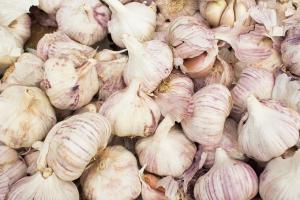What is Process Water in Refuse Derived Fuel Plants
Refuse derived fuel (RDF) plants are facilities that convert non-recyclable waste into a fuel source that can be used for energy generation. The production of RDF requires several different processes, including shredding, sorting, and drying. A key component of these processes is the use of process water.
What is Process Water?
Process water is water that is used in industrial processes, separate from drinking or potable water. In the case of RDF plants, process water is used for a variety of purposes, including cleaning equipment, controlling dust, and washing materials. This water is typically sourced from a nearby water supply and may require treatment or filtration to remove impurities before use.
Uses of Process Water in RDF Plants
One of the primary uses of process water in RDF plants is for washing and sorting materials. After waste is shredded and separated, process water is used to remove any remaining debris or contaminants. Water is also used to help control dust during the shredding and sorting processes, which can improve safety and reduce air pollution.
Another use of process water in RDF plants is for cooling equipment. Some of the machinery used in the RDF process generates heat that can damage the equipment or decrease efficiency. Process water is used to cool this equipment and maintain optimal operating temperatures. Additionally, some RDF plants use process water for cleaning equipment to prevent buildup or corrosion.
Concerns with Process Water in RDF Plants
While process water is necessary for RDF plant operations, there are concerns with its use. One concern is the potential for water contamination. The water used in RDF plants may come into contact with pollutants or contaminants, such as heavy metals or chemicals, from the waste materials. This contamination can make the water unsuitable for reuse or disposal.
Another concern with process water in RDF plants is the amount of water usage. RDF plants can consume large amounts of water, which may be problematic in areas that experience water scarcity or drought. Some RDF plants have implemented water conservation measures, such as recycling or reusing process water, to reduce water usage and waste.
Conclusion
Process water is a critical component of RDF plant operations, used for a variety of purposes such as washing materials, controlling dust, and cooling equipment. However, concerns exist regarding the potential for water contamination and the amount of water usage. RDF plants must balance the need for process water with environmental considerations to ensure their operations are sustainable and responsible.

 how many times do yo...
how many times do yo... how many planted tre...
how many planted tre... how many pine trees ...
how many pine trees ... how many pecan trees...
how many pecan trees... how many plants comp...
how many plants comp... how many plants can ...
how many plants can ... how many plants and ...
how many plants and ... how many pepper plan...
how many pepper plan...






























